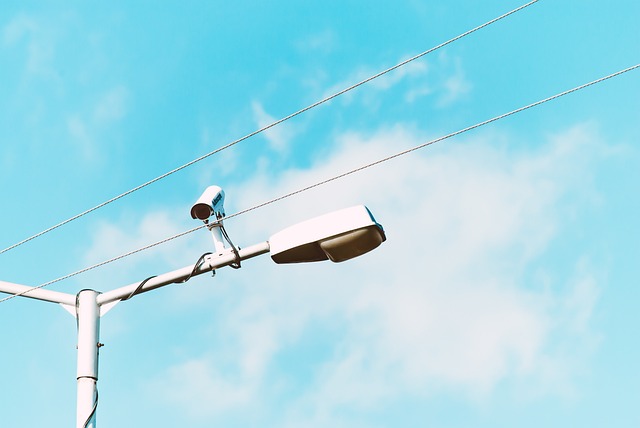In today’s world, home security cameras are indispensable components of modern security systems, especially for outdoor surveillance. One of the key decisions homeowners face is choosing between wired and wireless options. In this guide, we’ll delve into the comparison between Wired and Wireless Home Security Cameras for Outdoor Use and provide insights to help you make an informed choice.
Pros of Wired Home Security Cameras for Outdoor Use
- Reliability of Connection and Video Quality: Wired cameras are renowned for their stable connection and high-definition video output. They utilize physical connections, minimizing the risk of interference from other wireless signals.
- Lack of Interference from Other Wireless Signals: With wired cameras, concerns about interference from other wireless devices in your home are virtually eliminated, ensuring uninterrupted video transmission.
- No Need to Replace Batteries: Wired cameras operate without the need for batteries, alleviating concerns about power outages or the hassle of battery replacements.
Cons of Wired Home Security Cameras for Outdoor Use
- Installation May Require Professional Assistance: Installing wired cameras can be complex and may necessitate professional assistance for proper setup.
- Limited Mobility and Flexibility in Camera Placement: The positioning of wired cameras is constrained by wiring, making it challenging to adjust their placement.
- Potential for Damaged Wires: Exposed wiring in outdoor environments is susceptible to damage from weather conditions or wildlife.
Pros of Wireless Home Security Cameras for Outdoor Use
- Ease of Installation and Flexibility in Camera Placement: Wireless cameras offer effortless installation and the flexibility to adjust their placement without the constraints of wiring.
- Ability to Connect to Home Wi-Fi Network: Wireless cameras can connect to your home Wi-Fi network, enabling remote access and live viewing via smartphone apps.
- Option for Remote Access and Monitoring via Smartphone: With wireless cameras, you can monitor your property remotely, providing peace of mind even when you’re away from home.
Cons of Wireless Home Security Cameras for Outdoor Use
- Reliability of Connection Can Be Affected by Distance or Interference: Wireless cameras may experience connectivity issues due to distance from the router or interference from other devices.
- Video Quality May Be Lower Due to Compression: Compression used in wireless transmission can result in slightly lower video quality compared to wired counterparts.
- Batteries Need Regular Replacement or Recharging: Wireless cameras rely on batteries, necessitating periodic recharging or replacement.
Comparison between Wired vs. Wireless Home Security Cameras for Outdoor Use
Here’s a comparison summarizing the pros and cons of wired and wireless outdoor cameras:
| Feature | Wired Cameras | Wireless Cameras |
|---|---|---|
| Connection | Reliable, less prone to interference | Prone to interference, signal strength may vary |
| Installation | Complex, requires wiring | Simple, no wiring required |
| Mobility | Limited by wiring | Flexible placement |
| Video Quality | High-definition due to stable connection | Slightly lower due to potential interference |
| Power Source | Continuous power supply | Battery-powered or periodic charging |
| Security | Less vulnerable to hacking | Potential vulnerability if not secured properly |
In terms of security, wired cameras are often considered less vulnerable to hacking due to their lack of reliance on wireless connections. However, wireless cameras can still provide robust security if configured with strong encryption and secure passwords.
For more tips on enhancing home security, you can check out Key Components of a Robust Security System and Tips for Safe Home Windows.
Ultimately, the choice between wired and wireless outdoor security cameras depends on individual preferences and requirements. Factors to consider include reliability of connection, ease of installation, accessibility, video quality, power source, and security.

